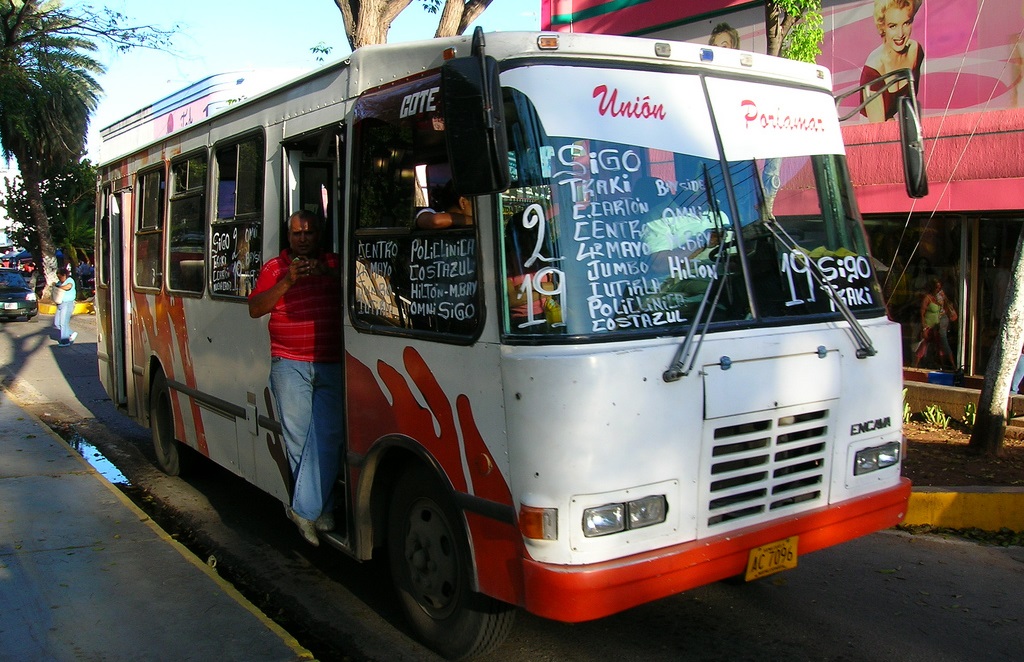
Imagine an attractive, but unmarked bus pulling up to a street corner and the driver imploring pedestrians to come aboard and “ride with us.” No sign disclosing where the vehicle is headed, no mention of price, but the seats look comfy. While folks might look, I bet most would take a pass.
So why do countries get sucked into joy rides with politicians that make vague or unrealistic promises? The answer may lie in a phenomenon called “information asymmetry.” In economics, that’s when a buyer doesn’t know much about what he wants, and even less about the seller’s product or services but gets talked into a purchase. In politics, information asymmetry is when a politician gets you to believe that you are living off bread crumbs when someone else is eating sirloin. And only that politician can get you the steak you deserve.
It works best when exploiting people stressed by the disruptions of rapid economic, technological, or cultural change, as Auburn University political scientist Paul M. Johnson has suggested. When tied to a familiar set of promises, we call it populism. Populists tap into people’s suspicions and make them seem real. Then they promise to do whatever it takes to make things better—give everyone their fair share, restore cherished traditions, isolate troublesome minorities, or keep out foreign ideas.
In 1998, Venezuelans boarded this bus when a fast-talking cashiered army officer pulled alongside a pack of humdrum presidential candidates. He offered hope to Venezuela’s poor majority, throwing out promises to make everyone prosperous along with barbs at oligarchs and foreign powers. His sometimes goofy rhetoric charmed the press and disarmed elites who thought he was joking. Once in power, he stepped on the gas. Swerving from curb to curb, he knocked over the country’s political institutions like rusted fire hydrants. To the shock of many, he dismantled Venezuela’s democracy.
After 18 years of pretty much single party rule, Venezuela is now one of the most corrupt and insecure countries in the world. The fraction of the population living under the poverty line has gone from half to three quarters by some accounts. Food shortages now threaten a growing number of families with starvation. And, despite some of the largest petroleum reserves in the world, the government is approaching insolvency.
The lesson? When citizens don’t know very much (information asymmetry), they are easy prey for politicians who can play off their suspicions (populism) and to deceive them. That’s why IRI and our foreign partners stress the importance of voter education, citizen involvement in the elaboration of policies, and public oversight in execution of those policies at all levels of government pretty much everywhere we work. At the municipal level, we help create dialogue and accountability mechanisms to keep citizens in the loop. At the national level, we help civil society groups conduct campaign monitoring and press candidates to develop platforms based on citizen concerns. That’s because informed, politically aware citizens aren’t likely to get on a bus bound for nowhere—especially if the driver seems like the type who might drive off a cliff.
Top